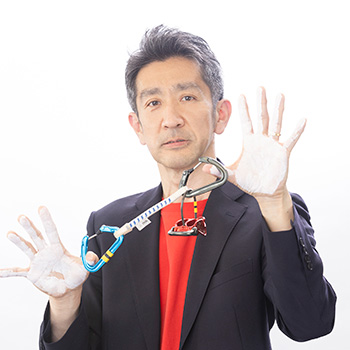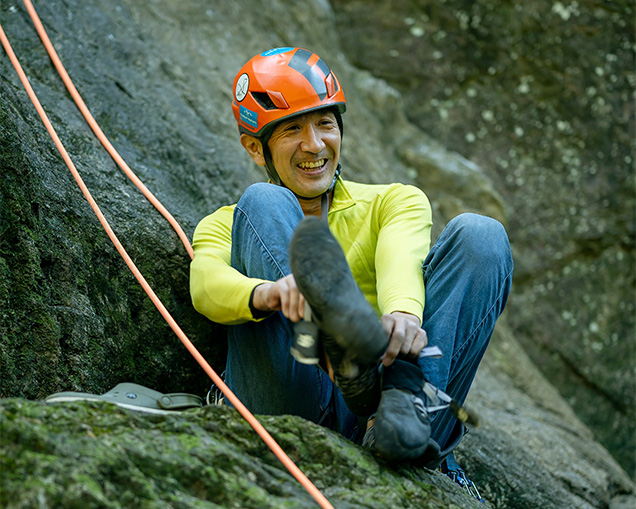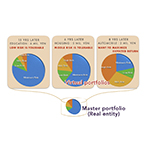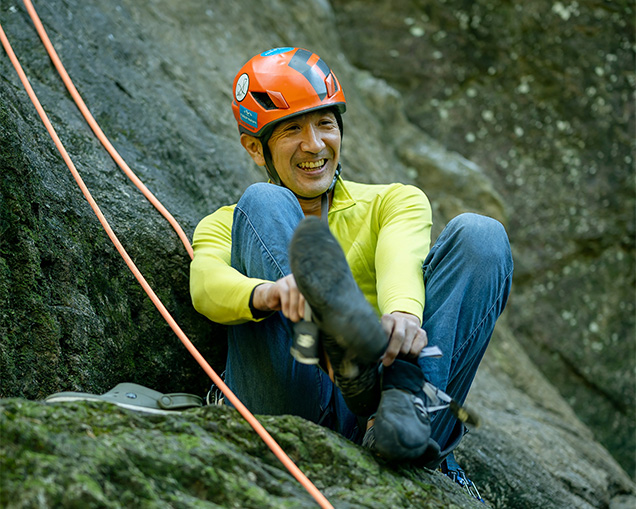Simulation not for predicting the future, but for shaping it. - Takahiro Sasaki

The common difficulties in solving problems which we are now faced with, such as climate change, loss of bio-diversity, food / energy shortage, economic / social instability and so on, lie in that these problems are 'open systems', where the solvers, i.e. we human ourselves, reside inside the problems as internal observers. This means we can neither have full control over the systems nor restart them from the beginning. Science has had difficulties in handling these kinds of problems because its methods rely on validation or falsification of hypotheses by observing reproducible instances. However, if simulation virtually reproduces an one-time-only-problem, the boundary of applicable range of science can be pushed far beyond. As a specific task, I am currently researching methodologies that can systematically support future socioeconomic decision-making under uncertainty. I am using modeling, simulation and visualization technologies, rather than depending solely on precedent and intuition. My ultimate goal is a holistic understanding of open systems leading to their essential long-term solutions.
Selected Publications
Sasaki, T. (2013) Hierarchical Multi-Agent-Based Model?for Simulating the Prevalence and Evolution of Influenza Virus, Proceedings of SpringSim'13, 61-69
Tokoro, M. and Sasaki, T. (2004)Grounding, Emotion and Learning, Learning Zone of One's Own, 5-14, IOS Press.
Sasaki, T. and Tokoro, M. (1999) Evolving Learnable Neural Networks under Changing Environments with Various Rates of Inheritance of Acquired Characters, Artificial Life 5(3), 203-223, MIT Press.
Worldviews
A platform for Goals-based investment


